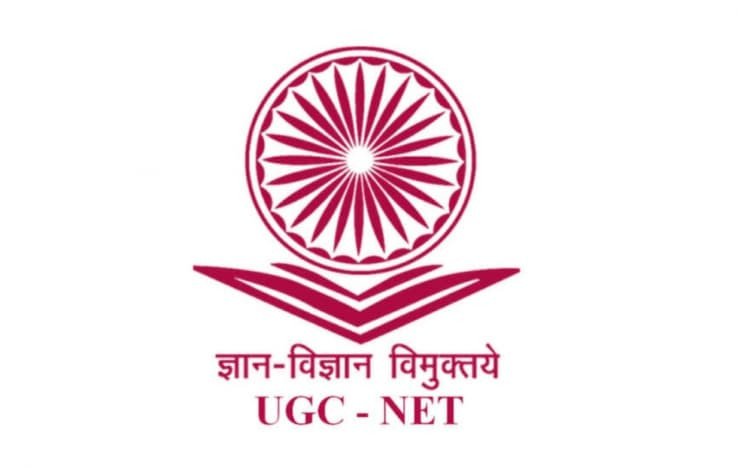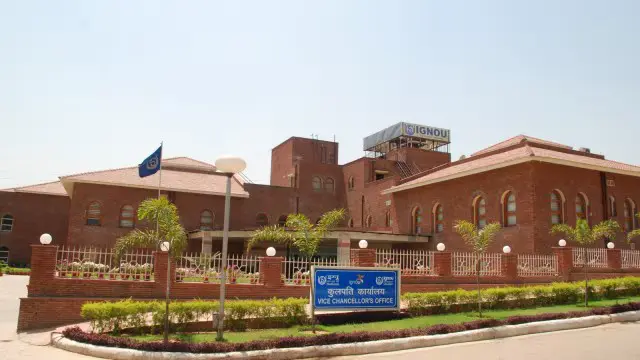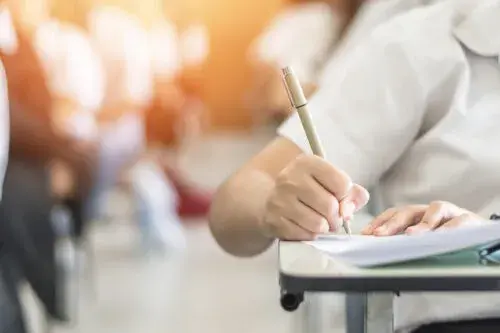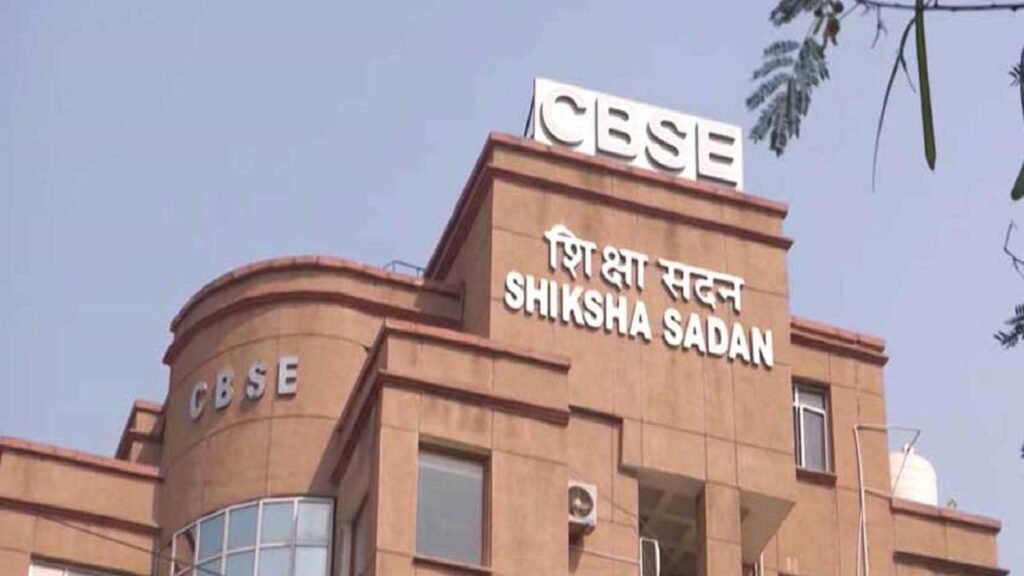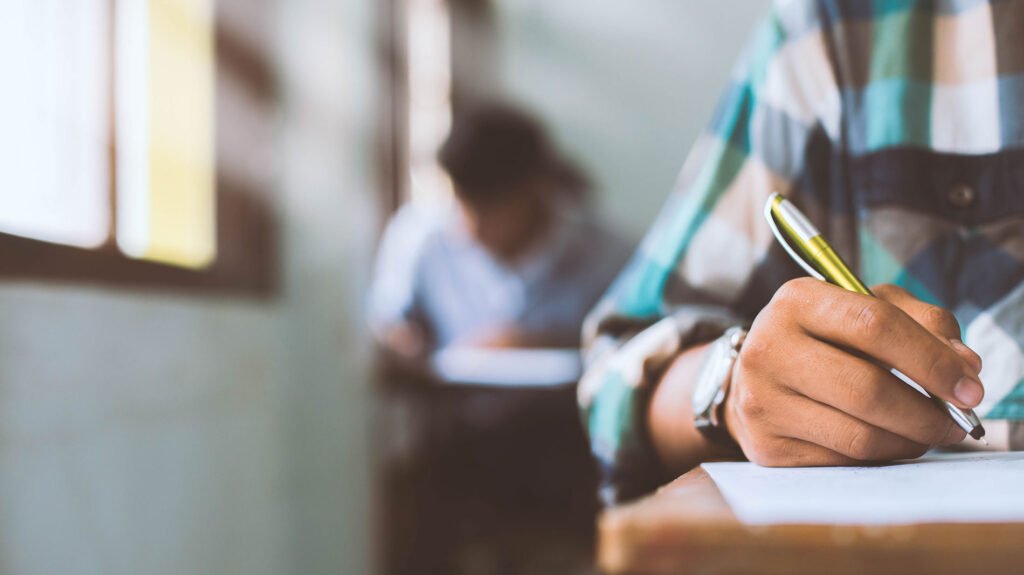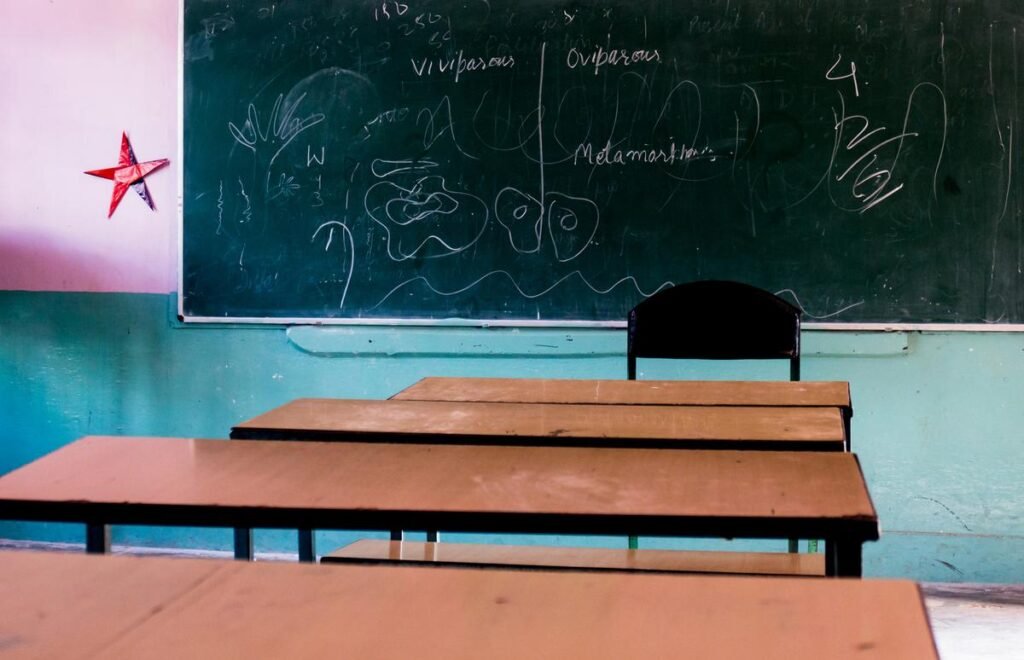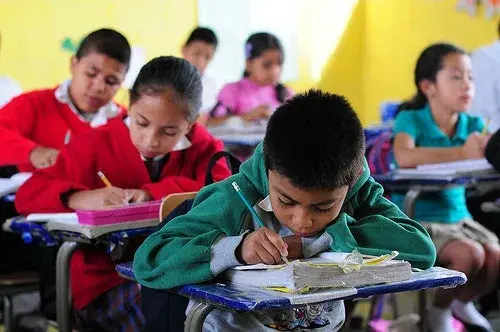UGC NET 2025 June Session: NTA Releases Provisional Answer Keys, Objection Window Open Till July 8
The National Testing Agency (NTA) has published the provisional answer keys for the UGC NET 2025 June session. Candidates who appeared for the exam can now access their answer scripts and responses by visiting the official website: ugcnet.nta.ac.in. To log in, applicants must enter their application number, date of birth, and Captcha code. The UGC NET June session exams were conducted from June 25 to 29 for aspirants aiming for eligibility in Junior Research Fellowship (JRF), Assistant Professorship, or PhD admissions across Indian institutions. Steps to Check and Challenge UGC NET 2025 Provisional Answer Key: Go to the official NTA UGC NET website – ugcnet.nta.ac.in Log in using your application number, date of birth, and Captcha code Download the NTA’s provisional answer key and your recorded responses Cross-verify your responses using the provided question ID To raise objections, select the disputed answer, upload supporting documents in PDF format Pay the challenge fee and download the receipt for reference Candidates wishing to contest any answer must pay a non-refundable processing fee of ₹200 per question. The objection window is open from July 6 to July 8 until 5 PM, and the fee payment must also be completed by the same deadline via Credit Card, Debit Card, Net Banking, or UPI. Objections submitted without payment or through other means will not be entertained. A panel of subject experts will review all challenges. If any correction is found valid, the answer key will be updated accordingly, and the final results will reflect those changes. However, individual candidates will not receive notifications regarding the acceptance or rejection of their objections. The decision of the expert committee will be considered final. Stay tuned to the official NTA portal for the final answer key and result updates. Source: Indian Express

